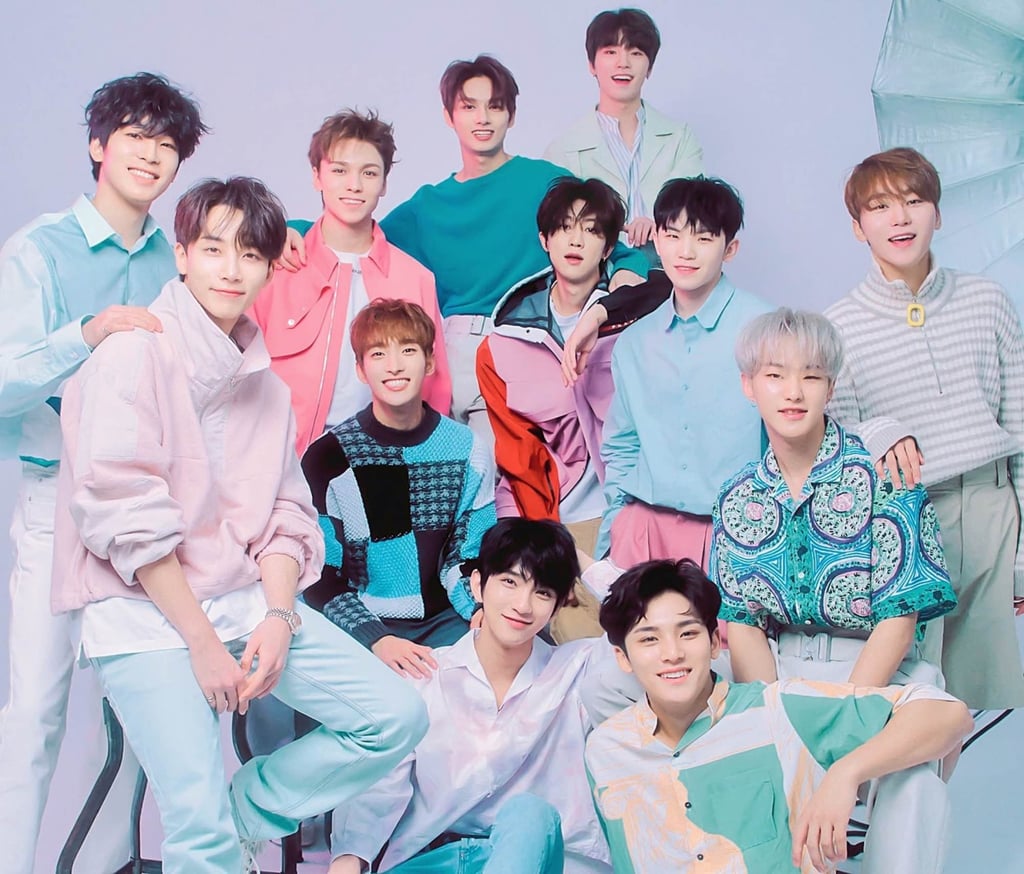Advertisement
K-pop labels likely to hire more foreign staff, says industry veteran – but they need to speak and write Korean, and be ready to work around the clock, like Koreans, when needed
- According to one K-pop industry insider, many music companies are hiring foreign employees for their command of languages and understanding of various cultures
- ‘In the coming years, I think the companies might even consider writing the job advertisements only for foreigners,’ he says
Reading Time:3 minutes
Why you can trust SCMP

By Dong Sun-hwa
K-pop is not just about the singers – there are countless unsung heroes working behind the scenes who dedicate their sweat and tears to producing and promoting albums.
With K-pop continuing to sweep the world off its feet, more people than ever are needed to carry out such work at K-pop record labels.
Advertisement
There’s good news: Korean music powerhouses have ramped up their hiring. For example Hybe, home to boy group BTS, currently has more than 60 job openings, and the total number of its employees is 456 this year – an increase from 73 in 2017.

With many Korean companies expanding their businesses overseas, an increasing number of opportunities are now opening up to foreigners, says Lee Sang-hwan, co-founder and co-CEO of Conexus Lab.
Advertisement
Advertisement
Select Voice
Select Speed
1.00x